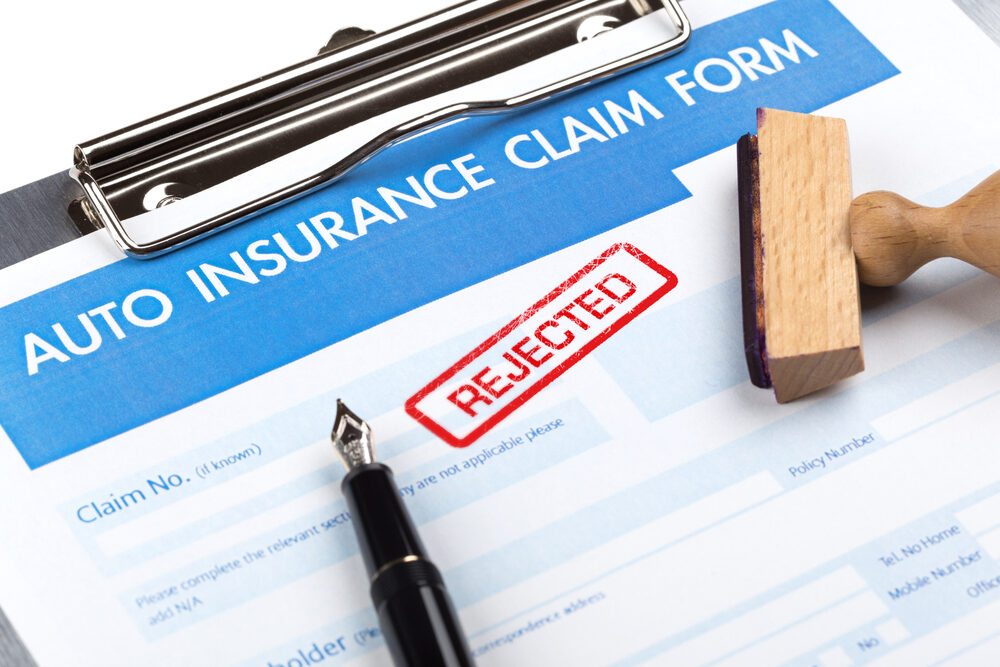
Since the Virginia Supreme Court ruling in Manu v. GEICO Cas. Co., 293 Va. 371 (2017), insurance companies have frequently taken advantage of the lack of bad faith laws in Virginia. People who suffered personal injuries from car accidents caused by underinsured motorists (UM) or uninsured motorists (UIM) frequently had to fight in court for a verdict to get fair UM/UIM coverage from their own insurance policy. However, as of July 1, 2024, a new bad faith law in Virginia has changed the insurance landscape for car accident personal injury claims, encouraging insurers to assess and pay fair settlements in a timely manner.
The changes to Virginia Code § 8.01-66.1 come after years of advocacy and efforts within the government to protect people with car insurance and hold carriers accountable for paying UM/UIM claims. Virginia’s new bad faith law is expected to motivate insurance carriers to provide more timely responses and offer fair settlements for UM/UIM claims submitted by their policyholders. Otherwise, they may suffer steep consequences for acting in bad faith. If you are involved in a Virginia car accident, you should know how the new bad faith law may affect your claim.
How Virginia’s New Bad Faith Law Protects Injured Car Accident Victims
Before the changes to Virginia Code § 8.01-66.1, insurance companies were able to delay payments and deny claims from their own insured making an underinsured or uninsured motorist claim without penalty or incentive. The injured were forced to pay out of pocket for medical treatments, with many missing weeks or more of work as they recovered – all while their insurer withheld UM/UIM settlements until a court judgment specified the value of their claim.
But with Virginia Code § 8.01-66.1, insurance companies no longer have an advantage over policyholders who file a claim for UM/UIM coverage. Policyholders who are in a car accident caused by an uninsured or underinsured motorist are now legally entitled to be paid a fair amount, in a reasonable amount of time. If they are not, insurance companies could end up paying far more than what the policy dictates.
The following are provisions of the amended bad faith statute:
- Insurance companies can be liable for up to double the damages awarded, to a maximum of $500,000, if they deny, refuse, or fail to pay their policyholders making an uninsured or underinsured claim in a reasonable timeframe. This also applies to UM/UIM claims that are denied in bad faith.
- When bad faith is determined and the carrier is liable for up to twice the damages, the policyholder may also be paid the cost of attorney fees, expenses, and interest.
At the very least, Virginia’s new bad faith law levels the playing field between policyholders and insurance companies. The possible financial penalties should encourage carriers to evaluate claims and offer fair settlements much quicker than before. The law further incentivizes losses settlement in Virginia auto accidents.
Enforcing Virginia’s New Car Insurance Bad Faith Laws
There are likely to be insurers who continue to arbitrarily deny, refuse, or delay payment of underinsured or uninsured motorist claims or who act in bad faith. This is where the new bad faith law comes in.
To enforce Virginia Code § 8.01-66.1, the injured party must first make a claim to their insurance company and demand an amount within their underinsured or uninsured motorist coverage. If their insurer unreasonably denies or does not respond within a reasonable time, Virginia Code § 8.01-66.1 could apply.
A judgment needs to be obtained and the injured party may hold their own insurer responsible by filing a bad faith claim. The court may award further damages against the injured person’s own insurance company because they acted in bad faith – potentially double the damages, up to $500,000, plus attorney fees, interest, and expenses.
Seek Legal Help if Injured by an Uninsured or Underinsured Motorist in Virginia
At Curcio Law, our Virginia auto accident attorneys have spent years fighting on behalf of clients who deserve to be fairly and properly compensated through the insurance coverage they purchased. Unfortunately, we have seen many insurers unfairly deny claims, offer less than the injured party is entitled to, and delay payments for underinsured and uninsured motorist coverage.
Before the recent amendments to Virginia Code § 8.01-66.1, holding insurance companies accountable for paying what they owe their policyholders was made more complicated because of the lack of bad faith laws. Now that the law clearly states insurers are responsible for not just the coverage purchased but may face additional penalties for failing to pay what is owed in a reasonable time, we are hopeful that it will spark long-awaited change within the industry.
While more insurers should act in good faith now, motor vehicle injury claims are still complex. The medical costs and stress of dealing with an insurance claim when you are injured can be overwhelming, and knowing what not to say to a claims adjuster so they do not lower the value of your claim or outright deny it is important. You may not get the insurance settlement you are owed without the help of a seasoned personal injury attorney.
If you have suffered a personal injury in a motor vehicle accident and you need to file a UM/UIM claim, you deserve to get the full amount of coverage from your insurer. The Virginia car accident attorneys at Curcio Law are here to help. We understand how the new bad faith law in Virginia works and how it applies to car accident injury claims. Contact us online or call/text 703-836-3366 for a free consultation.

Justin Curcio joined Curcio Law in January 2020. Justin received his J.D. from St. John’s University School of Law in 2015. After passing the Virginia Bar in 2015, Justin was in-house counsel for an insurance defense firm (Allstate/Esurance/Encompass) for over four years before joining Curcio Law. During law school, he worked for the Nassau County District Attorney’s Office and the law firm of Bartlett, McDonough & Monaghan, LLP. Contact Justin at jcurcio@curciolaw.com.



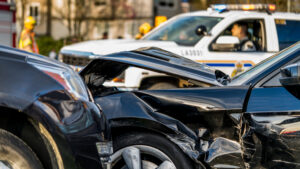
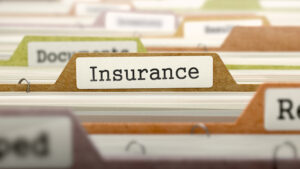


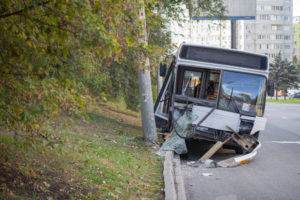





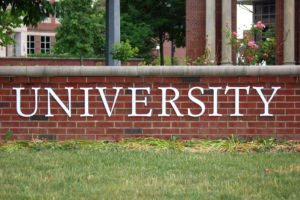

Comments for this article are closed.